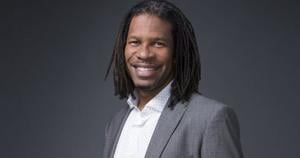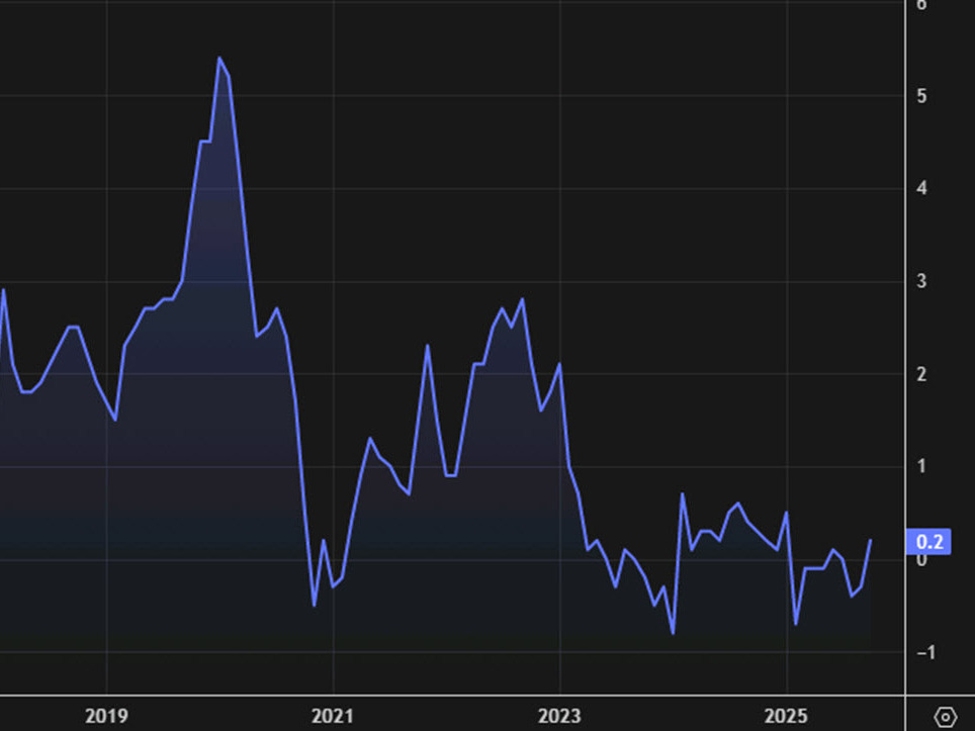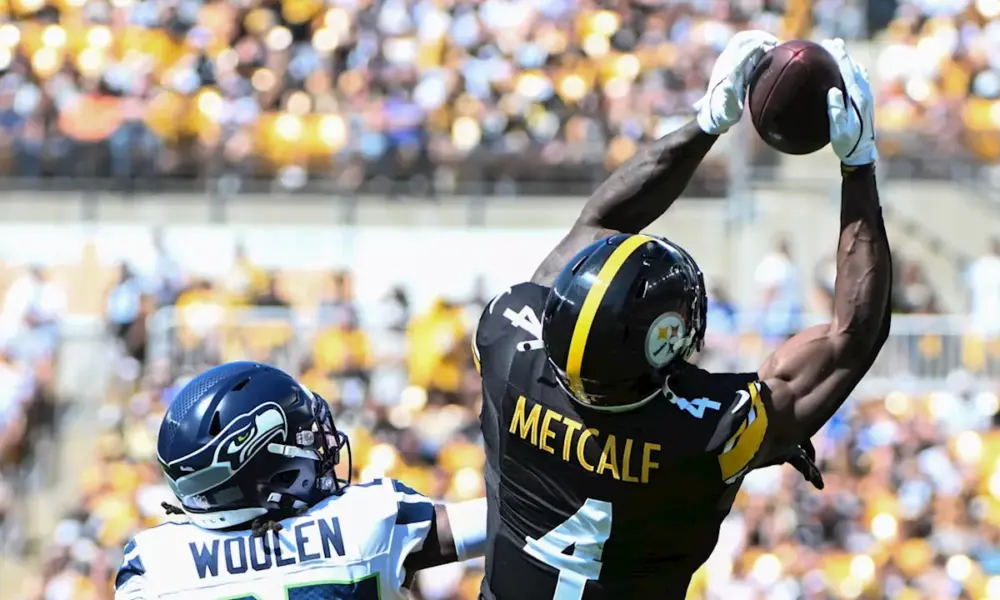BREAKING NEWS: The NCAA has just announced its entrance into the gambling industry, coinciding with ongoing controversies surrounding the NBA. This development raises urgent questions about the impact of sports betting on college athletics, especially with the upcoming March Madness tournament on the horizon.
As the NCAA takes steps to embrace sports wagering, the decision comes at a critical time. With the NBA facing escalating scrutiny over player conduct and betting practices, the NCAA’s move appears to be a calculated response to growing interest in legalized betting across the United States. This shift could reshape the landscape of college sports and betting, particularly as public interest surges.
The NCAA’s gambling initiative was confirmed in an official statement released earlier today, reflecting a significant change in policy for an organization that has traditionally shied away from wagering activities. The governing body aims to regulate and monetize sports betting, potentially tapping into a lucrative market valued at more than $7 billion annually.
Critics, including sports analysts and commentators like LZ Granderson, have voiced concerns about the implications of this decision. They argue that the NCAA’s foray into gambling could lead to increased pressures on student-athletes and raise ethical questions about the integrity of college sports. Granderson highlighted that the NCAA’s move comes at a time when the NBA is grappling with its own challenges related to gambling, suggesting a troubling synergy between the two leagues.
The NCAA’s announcement follows a wave of states legalizing sports betting, with more expected to join as public sentiment shifts. The organization has emphasized that it will implement strict regulations to safeguard against potential abuses and ensure transparency in college athletics. However, the effects of these regulations remain to be seen, as the NCAA prepares for a potentially tumultuous season ahead.
With March Madness just weeks away, stakeholders are closely monitoring how this new gambling initiative will unfold. Fans, bettors, and policymakers alike are eager to see how the convergence of college sports and gambling will impact not just the NCAA, but also the broader sports ecosystem in the United States.
As this story develops, stay tuned for further updates on how the NCAA’s entry into the gambling market will reshape the future of college sports, especially amid the NBA’s ongoing challenges. The implications for student-athletes, fans, and the integrity of college sports are profound and warrant immediate attention.
This urgent update serves as a reminder of the rapidly changing landscape of sports and betting, and how it continues to evolve. Share your thoughts on this developing story as the NCAA navigates this new terrain.






